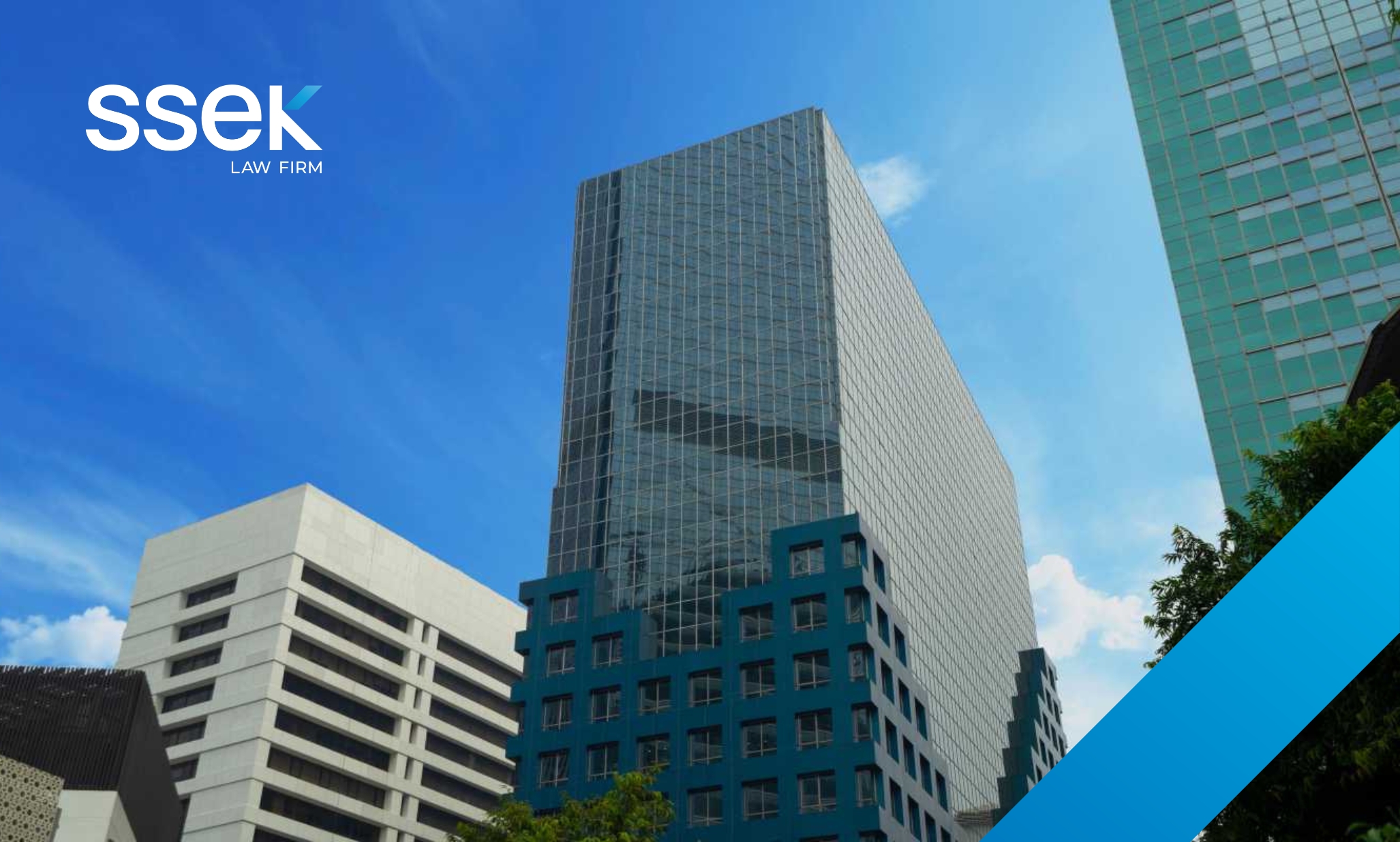SSEK’s Michael Carl to Speak at Webinar on Restructuring Indonesian Companies
Michael S. Carl, a foreign legal advisor at SSEK, is a scheduled speaker at an upcoming webinar, Utilising Singapore (and Other Offshore Jurisdictions) to Restructure Indonesian Companies. The webinar is scheduled for Monday, March 29. It is organized by INSOL International and the Asian Business Law Institute. Event Overview Singapore is emerging as the jurisdiction … SSEK’s Michael Carl to Speak at Webinar on Restructuring Indonesian Companies
